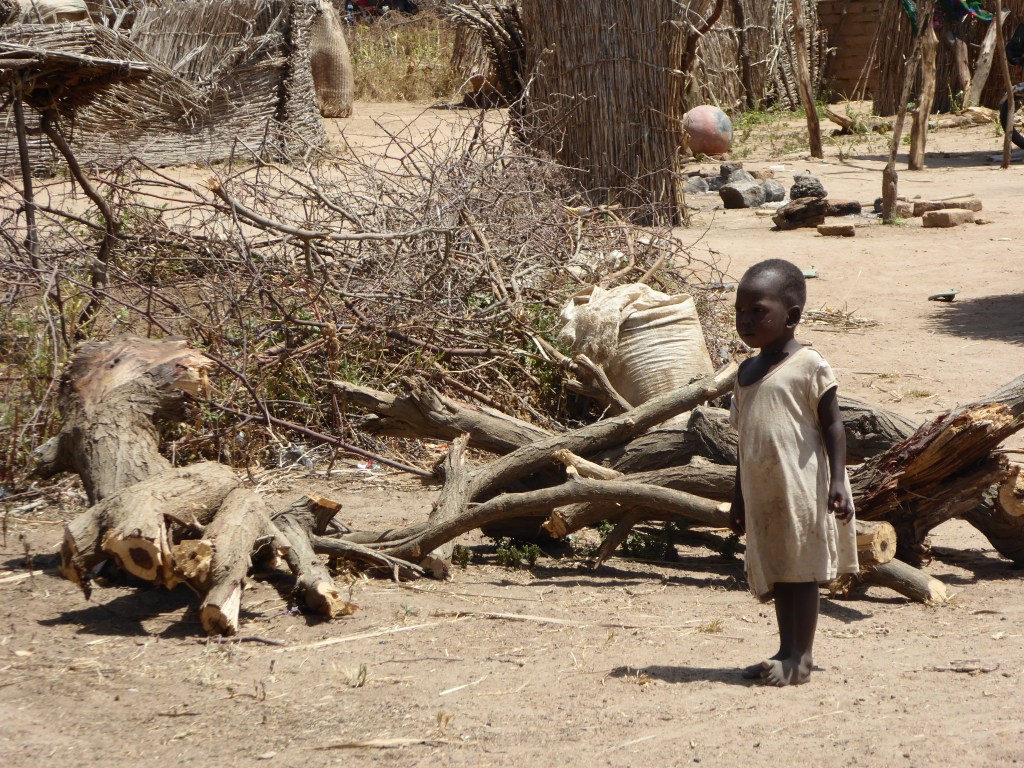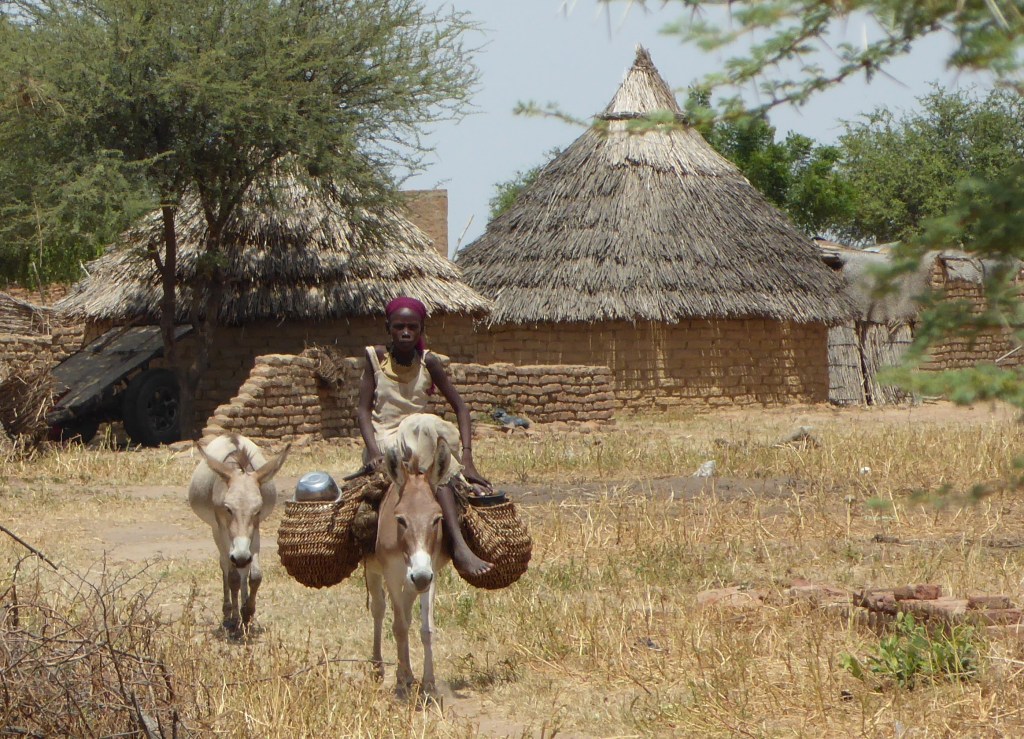
A month or so has passed since I returned from what was a particularly intense experience in Chad. I spent a day this week sitting with filmmaker Brad Bell tweaking the edit of some of the shots from our trip so I found myself reliving some of my experiences.
Some impressions take longer than others to surface. I find myself often gratefully thinking about my sheer luck of being born where I was. In Chad the average life expectancy for a man is 50.8 years. I’d likely be dead already if I had been born there. The situation in Chad is dire and this drought will trigger a major hunger crisis across Africa’s Sahel region. People in a community we visited hinted that they were already quietly burying children due to the effects of malnutrition.
Normality is an amazing thing. It is stronger force than we think. Near the village we were working in during the day, was the town of Oum Hadjer. It seems normal enough. You can buy a cold coke if you can afford it, go to the market and trade and drive around about your business in cars and on scooters just like a normal town. Women from the village went there on donkeys to trade the mats they wove attempting to replace some of their lost income due to the failure of their crops. The fact is they cannot sell their mats at a high enough price to justify the labour. It takes them, for example, five days work to earn enough money for two days food. But they go anyway. What other choice do they have?
Common sense alone says some of these women going to the market were grieving recently-lost children. But people carry on, supported by the comforting fiction of normal life. In times I have been in grief I have noticed how everyday life can seem strangely banal and on the other side of a veil. You wonder why people can’t seem to tell that you are full of misery. It makes me wonder about these women carrying on under the burden of their grief.

They carry on because there is no alternative, and there were other children to take care of. My friend Catherine Pope reminded me that infant death in the UK in the nineteenth century was far more commonplace than it is now. When many infant deaths are the norm, perhaps there is comfort in knowing your peers are likely to have experienced it too. Like in wartime when people lose their sons, if death becomes commonplace does it lose something of its sting?
Although I realised it was an inappropriate metaphor for the dry Sahel, I kept thinking that if we looked up above the dusty land we would see a tsunami of death and starvation racing towards the village instead of the wide sky and unrelenting sun.
The people we talked to lived in earthen huts but were every bit as intelligent as us, and could see plainly what was happening all around them. One woman told us a little about plans she had to expand into cattle farming and take on more land in a kind of franchise, but now her life is reduced to thinking about where she can get food from for the next meal. This is the grimmest end of ‘normal’ life, when the routines of daily life shrink to abject necessity. As the lack of food hits you, you can’t think properly. Simple things begin to seem impossible. The fiction of normality can’t help anybody then.
Currently, with terrorist attacks, entire populations being forced to move in fear of their lives, we are clinging, ever-more tightly, to rigid ideas of what we consider normal life. What is normal is a collective hallucination. We have to wake up from it sooner or later.

Leave a comment